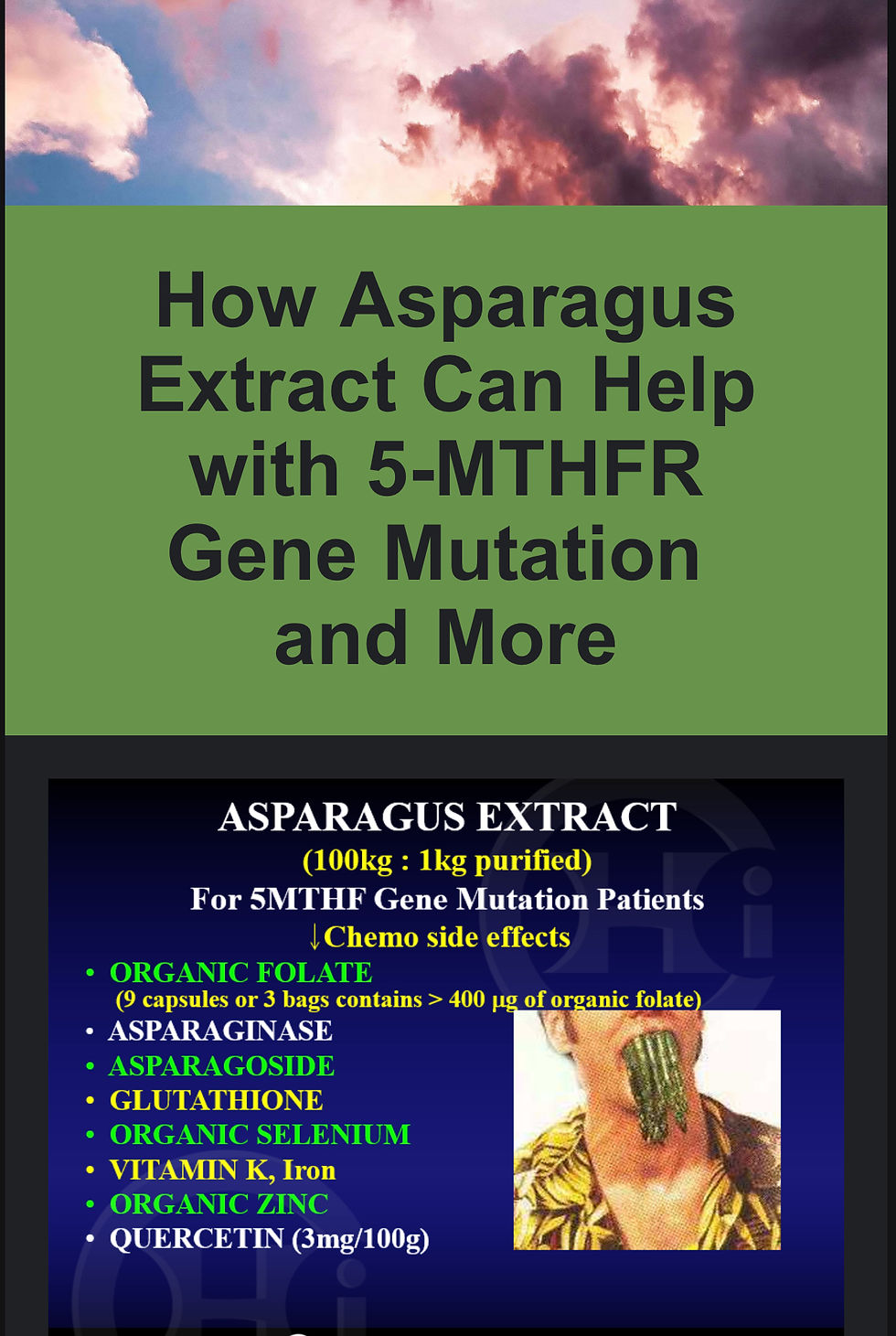Traditional Chinese View Of The Body And Organs Of The Body
- naturallyliving4li
- Apr 18, 2021
- 3 min read
According to Traditional Chinese Medicine (TCM), the human as an intricate whole is made up of the following essential components: Chi, or vital energy, blood, body fluids; Jing, or the essence of life; and Shen, or spirit. If any one of these components is missing, you cannot have life.
Chi comes in many forms with many different actions. In general, Chi is like life force. The body is a network of Chi path- ways called meridians. In a healthy person, Chi or energy flows evenly along these channels. When the energy becomes blocked, disease results. Acupuncture can be of great value in facilitating the flow of energy through these pathways. Chi, the Yang component, is closely related to blood, the Yin component. Blood supplies nutrition to the body and nourishes Chi. Movement of blood is dependent upon Chi.
Body fluids are of two types: Jin are the thin, refined fluids such as sweat, tears, and tissue fluids and Ye are the thick, lubricating fluids such as spinal fluid and synovial, or joint fluids.
Jing is the essence of life found in the egg, sperm, marrow, and brain (the sea of marrow) and is stored in the Kidneys. At the time of conception, the fetus absorbs this vital essence from the egg and the sperm. All of our chromosomes at that time give us our Jing. Thus, we are born with a certain amount. Through- out our lives we use up our Jing until we die. Our fast-paced lifestyle uses up Jing at a very rapid rate. For this reason women can have problems with menstruation, go through an earlier menopause and cannot safely bear children for as many years as in more natural cultures.
Spiritual cultivation is very important for the proper development and preservation of our Jing, which is stored in the Kidneys. The Shen, or spirit, gives us intuition, instincts, and the ability to comprehend. Shen is housed in the Heart.
Organs Of The Body:
TCM views the body organs as couples consisting of a Yin organ and a Yang organ. Each pair also has energetic correlations that we may not necessarily associate with the physical organ. For example, the Kidneys in Chinese medicine would also include functions of the reproductive organs. Each pair of organs is associated with one of the five energies called the Five Elements: Wood, Fire, Earth, Metal, and Water. The quality of the element is reflected in its organ pair.
The pair related to the Wood element is the Liver and Gall Bladder. The Liver houses the soul, controls tendons, stores blood, manifests externally in the eyes, and is responsible for keeping energy flowing. Thus, when the energy is obstructed, look to the Liver. Anger, frustration, and depression relates to the Liver. The Gall Bladder stores and excretes bile, protects the nervous system from overreaction, and helps to normalize a person emotionally. Gall Bladder weakness may manifest as difficulty making decisions.
Corresponding to the Fire element are the Heart and Small Intestines. The Heart houses the Shen, governs blood, has taste as its sensory function, externally manifests in the tongue, and joy (mania) is its related emotion. The Small Intestines absorb fluids. As one of the hollow organs, they are responsible for the transporting of excretion.
Also related to the Fire element are the Triple Heater, or Sanjiao, and the Pericardium. These are functions rather than organs. The Triple Heater is responsible for communication between the three cavities in the trunk and helps with fluid metabolism in the body. The Pericardium surrounds and protects the Heart.
Corresponding to the element of Earth is the Spleen and Stomach pair. The Spleen transforms and transports food into usable food essence (the waste is transported to the intestines), produces blood, opens to the mouth, and controls muscles. It is also responsible for keeping blood in the vessels. Thus, bruising easily is a sign of weak Spleen function. The related emotion is worry, or excessive thinking. Reference made to the Spleen in the Chinese system also includes functions of the pancreas. The Stomach breaks down and ripens the food and then transports it downward.
The pair corresponding to the Metal element is the Lungs and Large Intestines. The main functions of the Lungs are breathing, regulating water metabolism, and descending and dispersing Chi throughout the body. The Lungs open out to the nose and control the skin, pores, and hair on the skin. Sadness is the related emotion. The Large Intestines excrete wastes from the body and absorb water.
Related to the Water element are the Kidneys and Urinary Bladder. The Kidneys store Jing, are responsible for growth, development, and reproduction. The Kidneys also produce marrow, form the brain and spinal cord, control bones, open to the ears, and balance body fluid metabolism. The related emotion is fear. The Urinary Bladder stores and excretes urine.



Comments